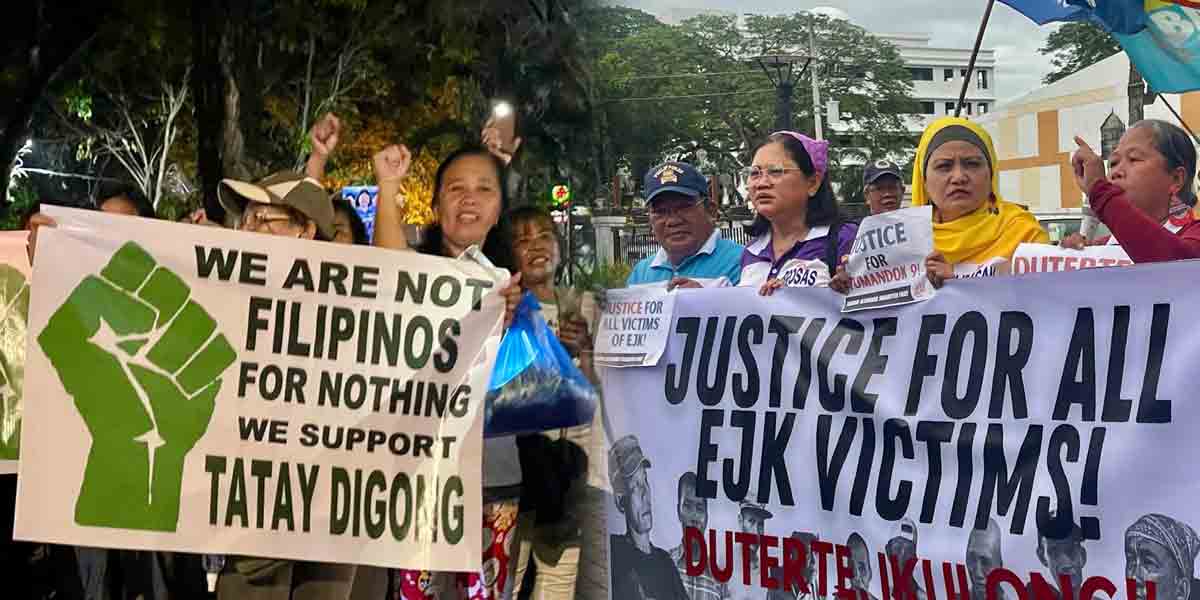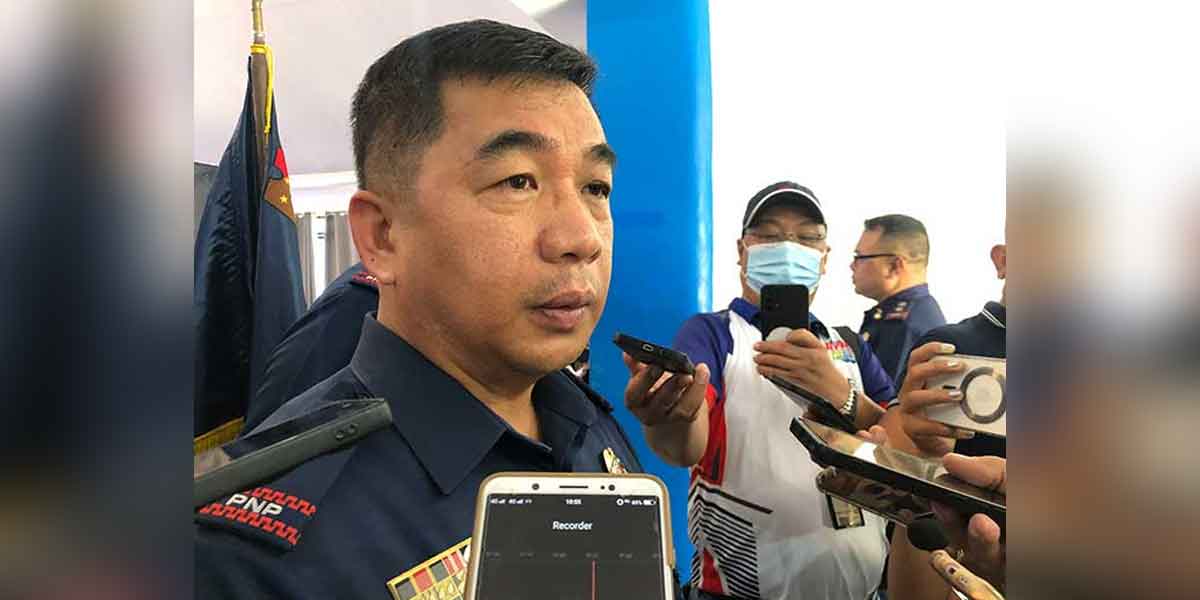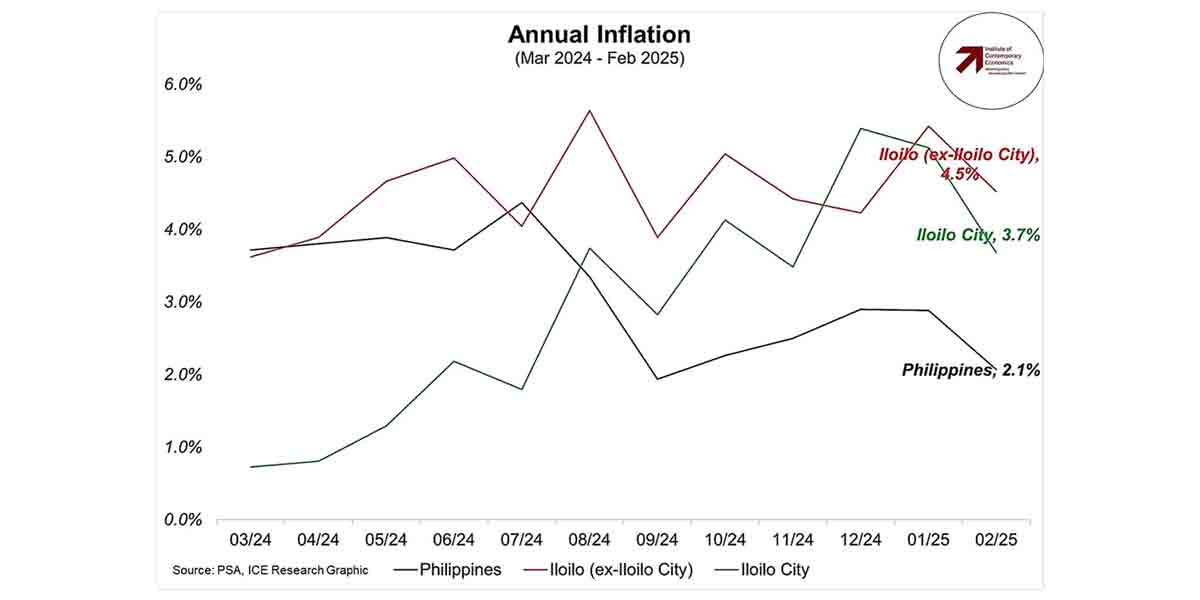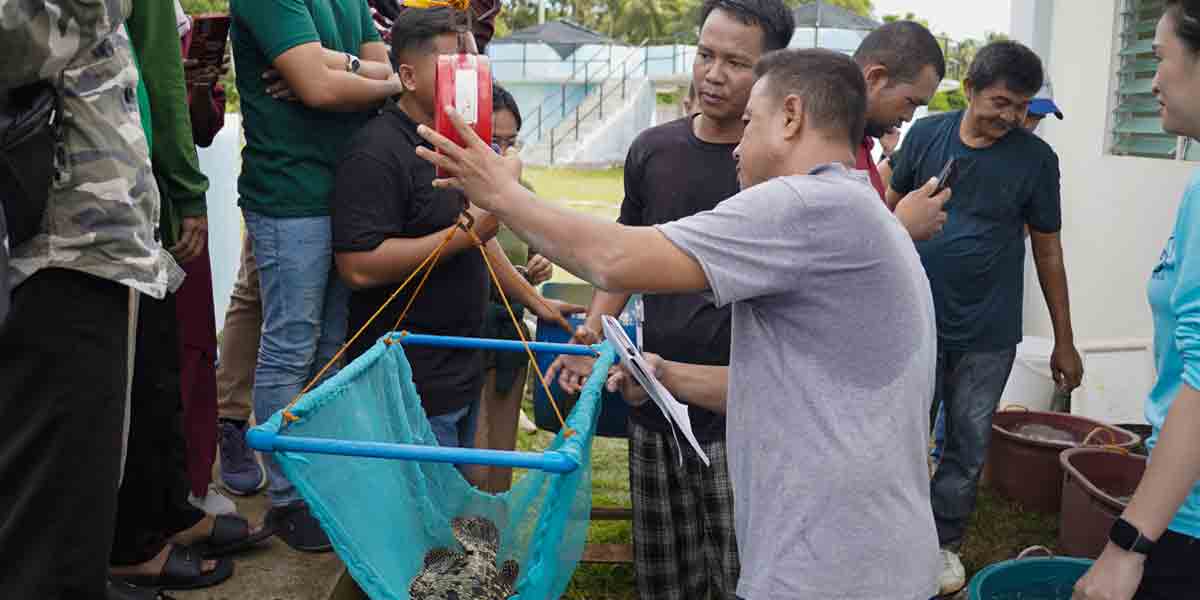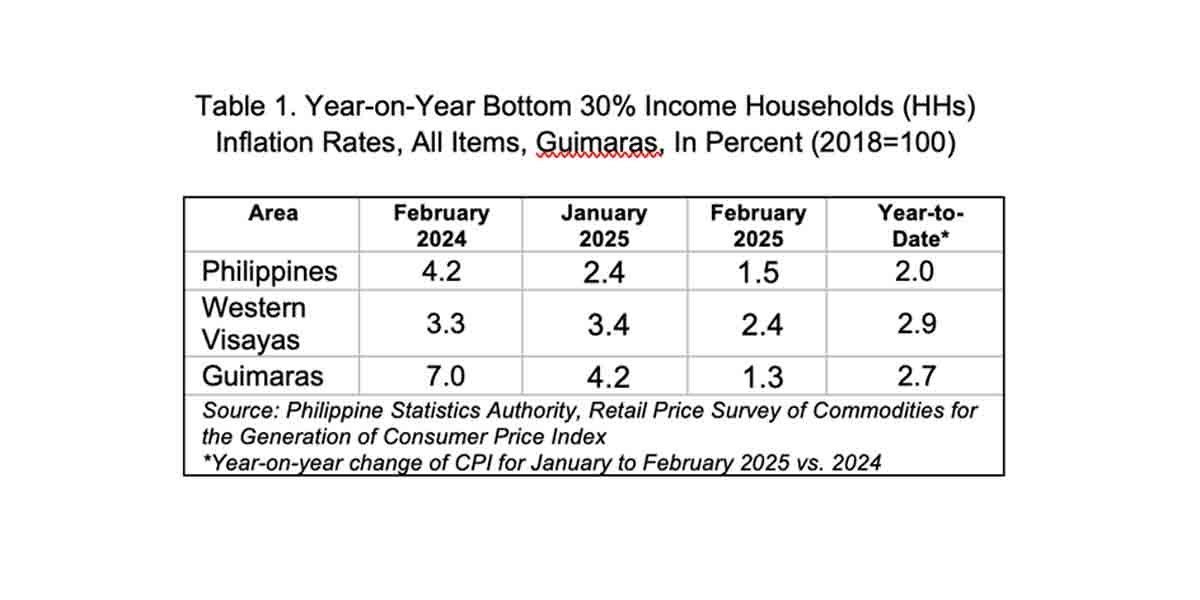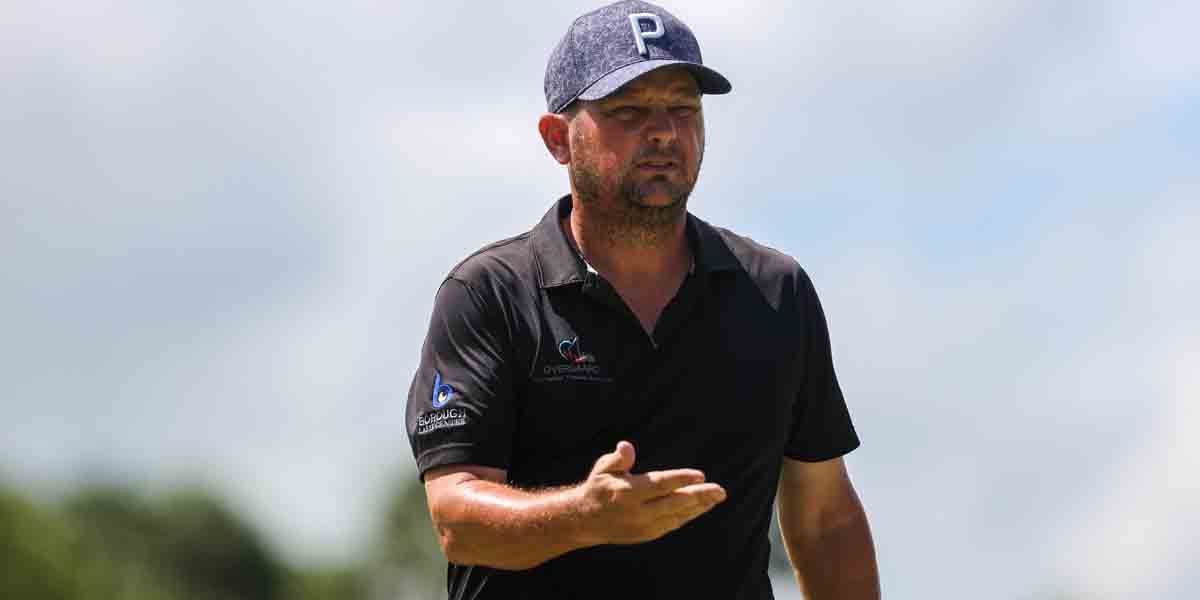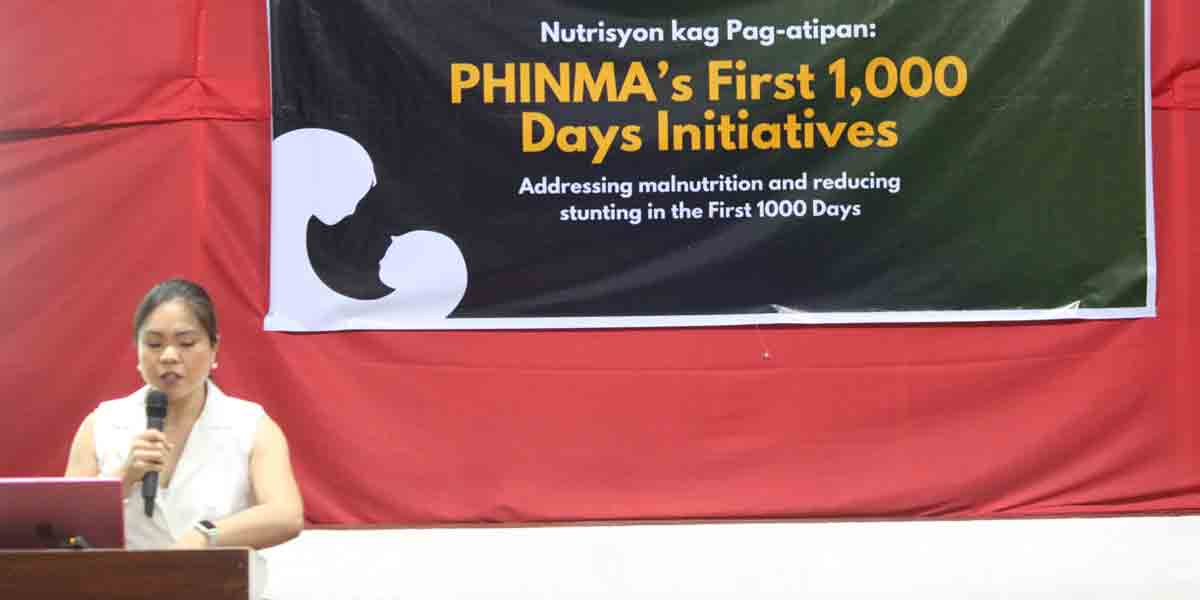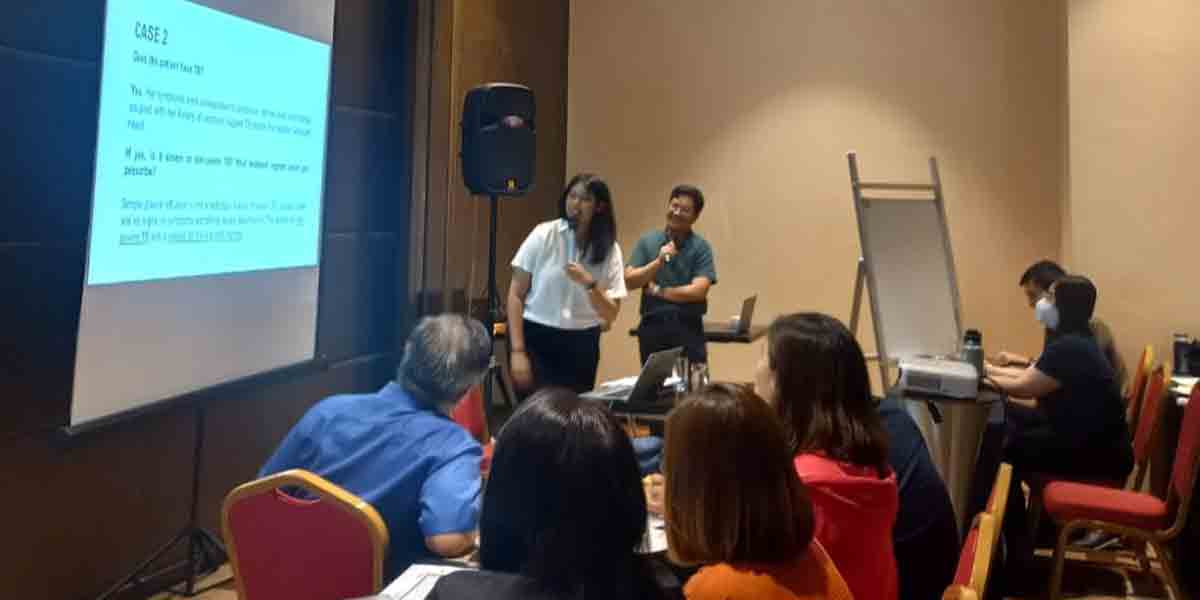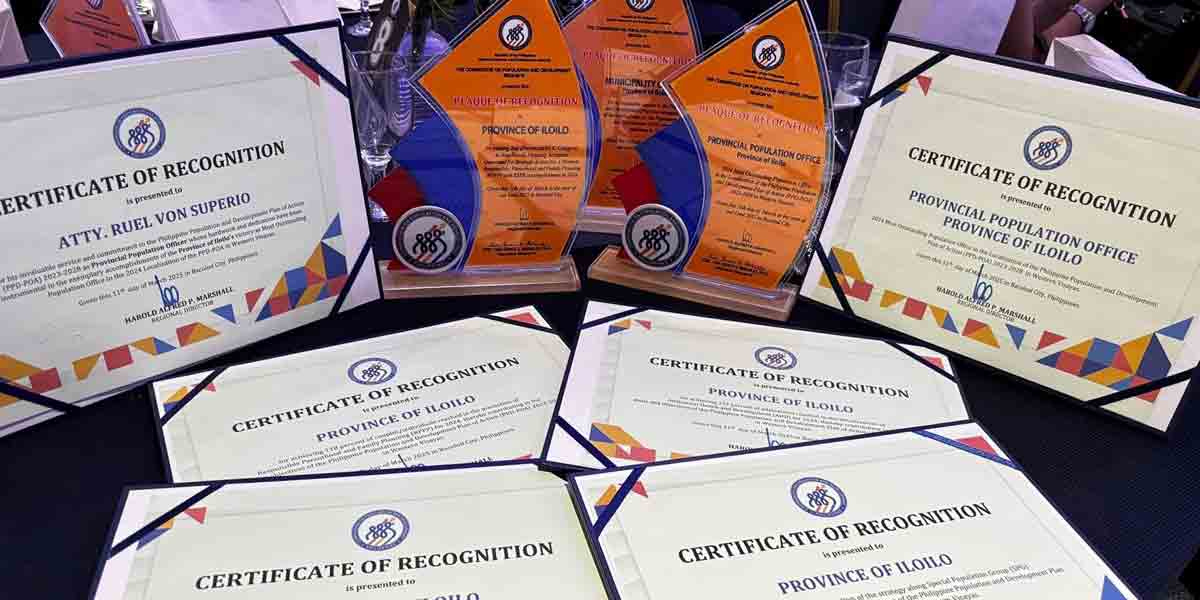“The Vape Bill is a fake news bill.”
This was the statement of Atty. Sophia San Luis, Executive Director of public interest law group ImagineLaw during an online forum on Thursday as she urged President Rodrigo Duterte to veto the Vaporized Nicotine and Non-Nicotine Regulation Act or more commonly referred to as ‘Vape Bill’.
The controversial measure, opposed by the medical and health community, was ratified by the House of Representatives and the Senate in December 2021. It is set to be transmitted to the President for his signature into law.
“The Vape Bill is grounded on fake science and fake news,” said San Luis. “There are no credible studies that back proponents’ claims that vaping products and e-cigarettes are safer alternatives to traditional cigarettes nor are they effective in making smokers quit,” she added.
The law group also hit proponents’ claims that the Vape Bill will tighten regulations on vape and e-cigarette products. “They are lying,” San Luis said.
“The Vape Bill, once signed into law, will ease current restrictions on these products. The provisions of the bill clearly favor the interests of the tobacco and vape companies, allowing them to attract even non-smokers and penetrate a younger market in the Philippines,” she added.
According to the law group, some vape companies are owned by tobacco companies.
The measure seeks to lower the age of access to vape and e-cigarette products from the current 21 years old to 18 years old. It also shifts regulatory powers from the Food and Drug Administration (FDA) under the Department of Health (DOH) to the Department of Trade and Industry (DTI).
“The Vape Bill is not science-based,” said Dr. Ulysses Dorotheo of the Southeast Asia Tobacco Control Alliance (SEATCA). He said that while long-term effects of using vape and e-cigarettes are not yet established, many studies already show that these products contain many harmful chemicals, cause serious health harms, promote addiction, and do not reduce smoking prevalence. “The reality is that many smokers – who use e-cigarettes to quit smoking – become dual users and have a higher risk of relapse to smoking,” he added.
Dr. Riz Gonzalez of the Philippine Pediatric Society (PPS) also said that proponents’ claims that the Vape Bill will protect minors are ‘outrageous and dangerous to children’. Early this month, Vape Bill proponents Nueva Ecija 1st District Rep. Estrellita Suansing, AAMBIS-OWA Partylist Rep. Sharon Garin, and House Deputy Speaker Rodante Marcoleta said that the Vape Bill provides ample safeguards to the youth.
“The Vape Bill will harm children and young people because it will give them easy access to these harmful products,” Gonzalez clarified. “It will also allow flavorings, even those that entice young non-smokers to try these products,” she added.
Gonzales noted that current regulations restrict flavors to tobacco and menthol while the Vape Bill allows most flavors and only ambiguously restricts those with ‘flavor descriptors’ that are ‘proven to unduly appeal’ to youth.
“Vape Bill solons are endangering children’s health through disinformation,” she said. “The President should veto this measure because it is harmful to public health and because we cannot have a law that is based on fake science and disinformation,” she said.
The DOH also implored those “from the medical and allied medical professions who support vaping to revisit their own health principles.”
“[T]hey should uphold the ethical principle of nonmaleficence,” said Dr. Boss Sobremesana of the agency’s Health Promotion Bureau. “The fact that these products cause potential health risks is still noncompliant with the mandate that healthcare professionals are given,” he also said.



